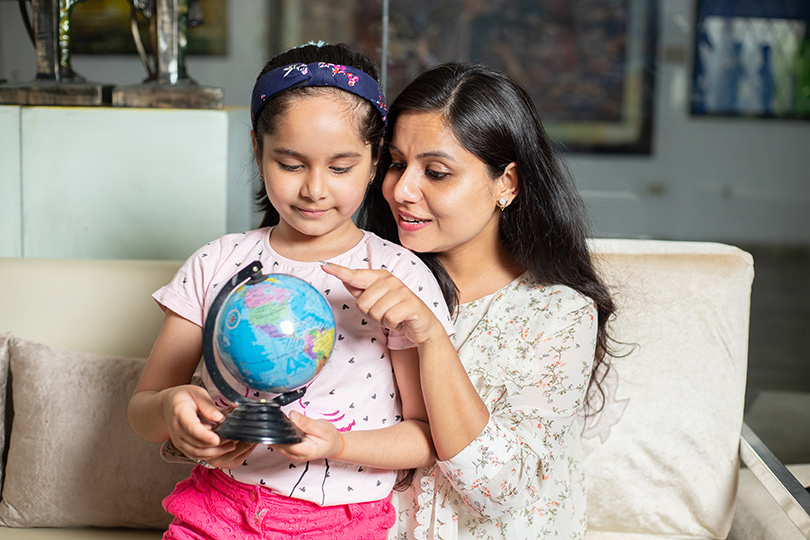Juvenile Idiopathic Arthritis
The most commonly seen condition in our rheumatology clinic is juvenile idiopathic arthritis.
Juvenile idiopathic arthritis (JIA) is an autoimmune disease that refers to chronic joint swelling or stiffness in a child under 16 that lasts at least six weeks with no other cause. Early diagnosis and aggressive treatment of JIA in our rheumatology clinic is key to preventing or slowing joint damage and preserving joint function and mobility.
The best treatment for JIA is an individualized approach for each child. At Shriners Children's, we have on-site access to pediatric rheumatologists, orthopedists, nurses, radiologists, laboratory technicians, nutritionists, physical and occupational therapists, care managers, social workers, and orthotists and prosthetists, making it easier to provide the range of care needed.
Children can be diagnosed with JIA from a very early age through history and physical, laboratory testing, and imaging. Our overall goal is to restore function and allow each child to reach his or her full potential.
Treatment may include:
- Medications
- Occupational Therapy
- Orthotics (custom braces)
- Physical Therapy
- Splinting
- Surgery (for severe cases)
Because Shriners Children’s provides all care and services regardless of a family’s ability to pay or insurance status, physicians and families are able to consider every appropriate treatment option available. Learn more below about how we treat JIA and our commitment to the overall well-being of your child.
Specific treatments and services may vary by location. Please contact a specific location for more information.

